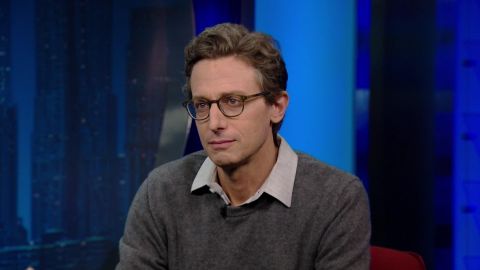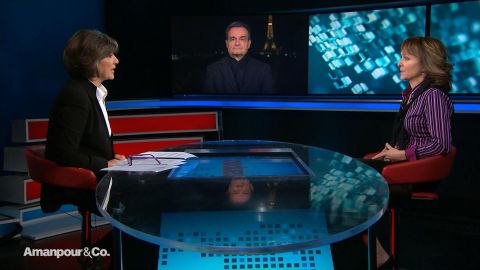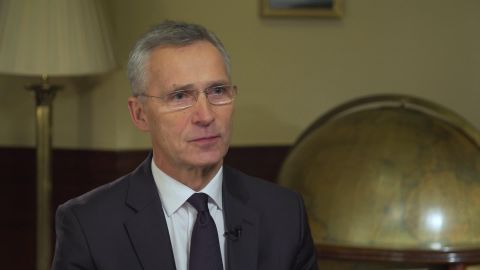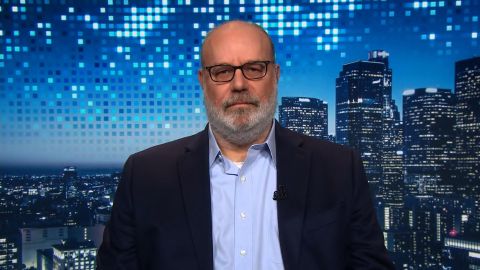Read Transcript EXPAND
CHRISTIANE AMANPOUR: I just wonder from the perspective of an Israeli, you were there when Rabin was assassinated. What do you remember and what caused you all these years later to make this into a feature film?
ZILBERMAN: What I remember, first, before Rabin’s assassination, there was a huge hope. One of those most historical moments of hope to the country. As we know, not all of the Israelis wanted this peace process to progress, hence the — you know, part of the protest and the incitement involved, but there was at least half of Israeli people were hoping, dreaming for peace and to end the violence with the Palestinian people. And I think we were on route for there — to that direction. And then we had the horrible, horrible assassination, which I think is the — I mean, based on my research, this is a result of the incitement both from politicians, rabbis, I mean, Messianic rabbis from the West Bank and also, you know, others, you have university professors and other, incitement all around. And I think that’s what led to the assassination. So, that was a shock for us. Any, you know, assassination, any assassination of a prime minister is a shocking of course, like you had JFK in the United States and Lincoln way, way back. So, it’s always shocking. And you have Anwar Sadat, of course, after the peace he made with Israel. But in this case, because of the profile — I mean, the idea that the religious Jew actually assassinated him and the idea behind the assassination, which means that he used religious justification and all sort of, you know, scripture and rambomb (ph) words in order to get the justification, the religious justification, that’s what made it even more sort of — we couldn’t fathom that happening.
AMANPOUR: So —
ZILBERMAN: There was a shock. And six months later, we had a change of regime. So, that was even worse.
About This Episode EXPAND
Jens Stoltenberg gives Christiane Amanpour a preview of this year’s NATO summit in London, then Gérard Araud and Karin von Hippel give the French and American perspectives on the historic meeting. Yaron Zilberman discusses his new film about the assassination of Israeli Prime Minister Yitzhak Rabin, and Jonah Peretti sits down with Walter Isaacson to discuss free speech in the digital age.
LEARN MORE



